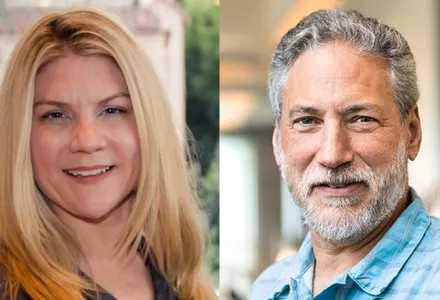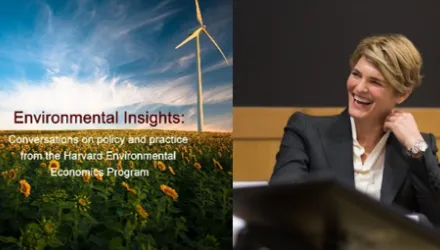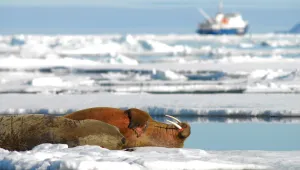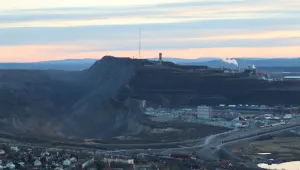Energy Policy Seminar: Solar Geoengineering and U.S. Politics
Interest in and research on solar geoengineering has been particularly prominent in the United States compared to other countries, with the National Academies of Sciences calling in 2021 for a comprehensive, government-run national research program. Policy discussions about solar geoengineering, however, are embedded within broader climate politics, characterized by sometimes sharp disagreements among Democrats and a general failure to engage by Republicans.
This seminar will explore how solar geoengineering figures into U.S. politics on climate and related issues like energy and foreign policy. Join HKS Professor Joe Aldy in conversation with Kelly Wanser of SilverLining and Steven Hamburg of the Environmental Defense Fund, as they examine the current landscape in Washington, D.C., and consider prospects for the future. Professor David Keith will moderate the session.
Sponsors: This week's Energy Policy Seminar is co-sponsored by Harvard's Solar Geoengineering Research Program, a joint project of the Harvard University Center for the Environment and the Mossavar-Rahmani Center for Business and Government.
Attendance: This event is open to the public and hosted on Zoom. For those who cannot attend live, the seminar will be recorded and available to watch on this page.
Accessibility: Persons with disabilities who wish to request accommodations or who have questions about access, please contact Liz Hanlon (ehanlon@hks.harvard.edu) in advance of the session.
Registration: Please RSVP at the link below. Registration will remain open until the event begins.




